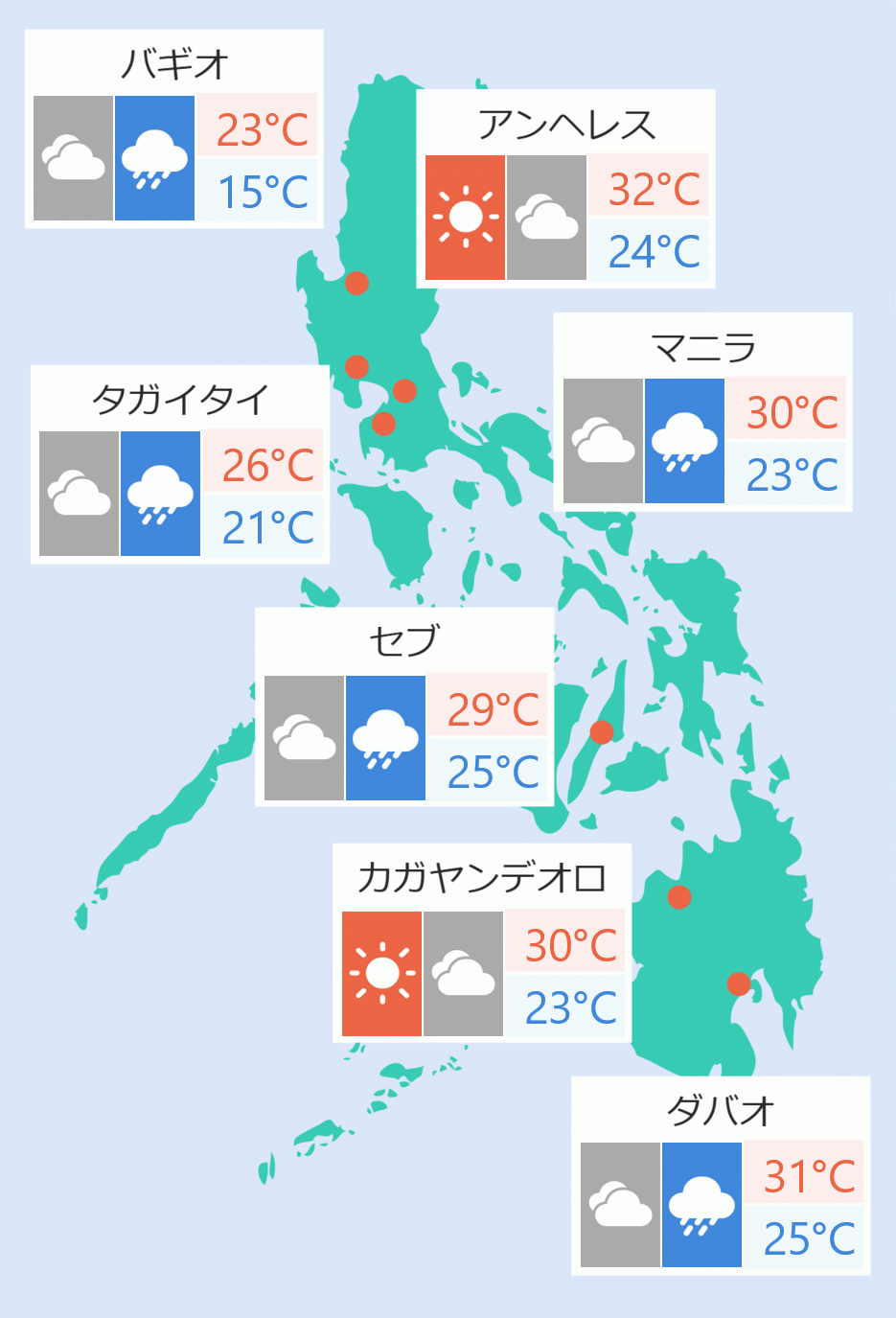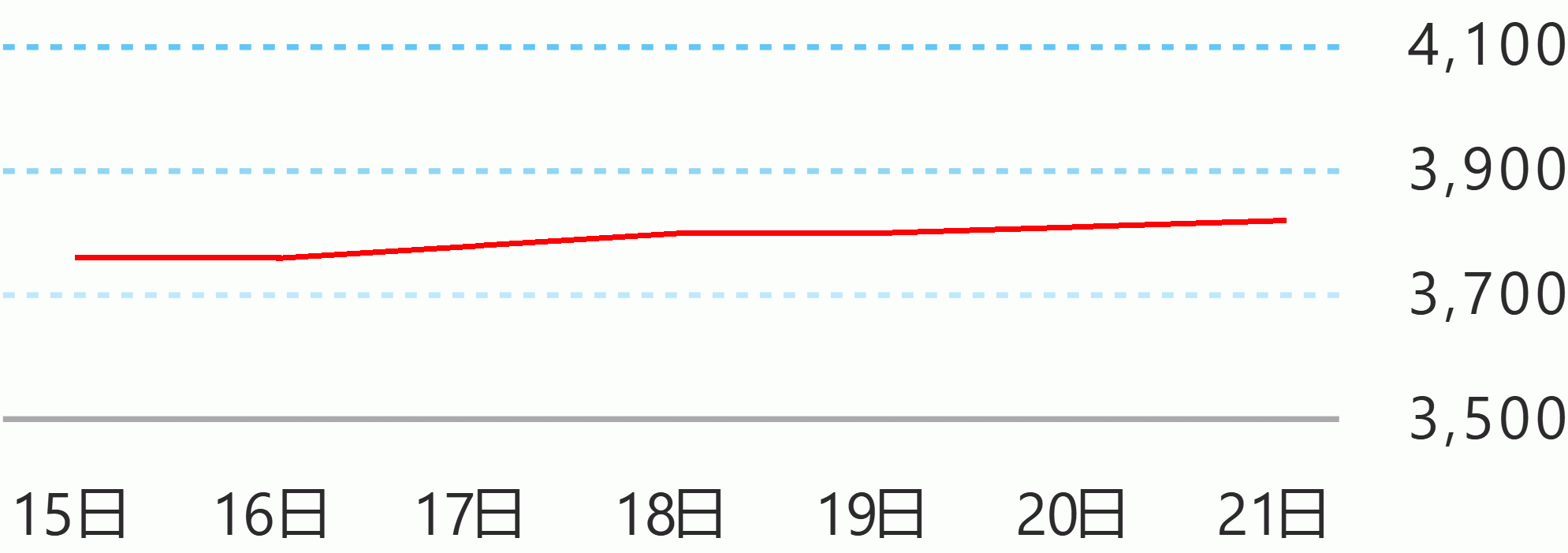The Philippine government will implement a maximum suggested retail price of P58 per kilo for imported rice starting January 20 to control prices of the staple, the Department of Agriculture said Friday.
Agriculture Secretary Francisco Tiu Laurel Jr. said this will be implemented initially in Metro Manila and will be reviewed every month to take into account several factors, including global price of the grain.
“We think that if the current direction of global prices holds, the MSRP (maximum suggested retail price) will be lower after the review,” the DA chief said.
Laurel said the price was determined after extensive consultations with importers, retailers, rice industry stakeholders, as well as government agencies and law enforcement bodies.
"This MSRP aims to strike a delicate balance between business sustainability and the welfare of consumers and farmers. We must ensure the price of rice is fair and affordable even as we make sure that the rice industry remains profitable," he said.
"We cannot allow the greed of a few to jeopardize the well-being of an entire nation," he added.
Laurel said rice imports reached a record of 4.7 million metric tons in 2024 as falling prices and lower tariff created a disincentive for smugglers, allowing the market to more accurately reflect the volume of rice imported into the country.
"Based on our calculations, using data and profit margins provided by importers and retailers, imported 5 percent broken rice should not exceed P58 per kilo. For rice with a higher percentage of broken grains, the price should be much lower," he explained.
Trade and Industry Secretary Cristina Roque reaffirmed the agency's support for the DA’s push to lower rice prices.
It can be recalled that in recent weeks, the DA has held discussions with rice millers, traders, importers, retailers, and key government offices, including the Department of Trade and Industry, Department of the Interior and Local Government, Department of Finance, and the Philippine National Police.
The consultations focused on addressing persistently high rice prices, despite President Ferdinand Marcos Jr.'s rice tariff cuts and falling global prices.
To provide Filipino consumers with affordable rice, Laurel also instructed Food Terminals Inc. (FTI), a government corporation under the DA, to begin selling rice through KADIWA ng Pangulo centers and kiosks. Rice options include 5 percent broken (RFA5) at P45 per kilo, 25% broken (RFA25) at P40, and 100% broken (RFA100), also known as Sulit Rice, at P36 per kilo.
The staple of the KADIWA ng Pangulo stores is the P29-per-kilo rice, which are sold to vulnerable sectors such as the indigents, persons with disabilities, senior citizens, single parents and indigenous people.
In addition, rice that has been stored by the National Food Authority (NFA) for at least two months will be made available for resale to local government units (LGUs) in Metro Manila at P38 per kilo.
“This initiative will help the NFA clear its warehouses in preparation for the upcoming harvest season,” he noted.
“Our warehouses are filled to capacity, and I have directed NFA administrator Larry Lacson to have the rice milled immediately so we could saturate the market with fairer-price rice as we make space for the palay we plan to procure at a minimum of P23 per kilo for clean and dry this season," Laurel added. Robina Asido/DMS




 English
English









